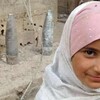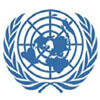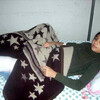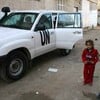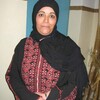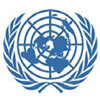
Weblogs on Current Effects of Israeli Military on Lebanon
18 December 2006
Tadamon! Montreal has launched two Weblogs focused on Israeli violations of the U.N. ceasefire and incidents involving cluster bombs, as a contribution to the growing international challenge to Israeli’s ability to defy international law with impunity. In the media-induced amnesia that defines North American political culture, these virtual memories will help track important historical facts, even as political leaders manipulate the public’s weak grasp of history in pursuit of their political agendas. Read more about Weblogs on Current Effects of Israeli Military on Lebanon
